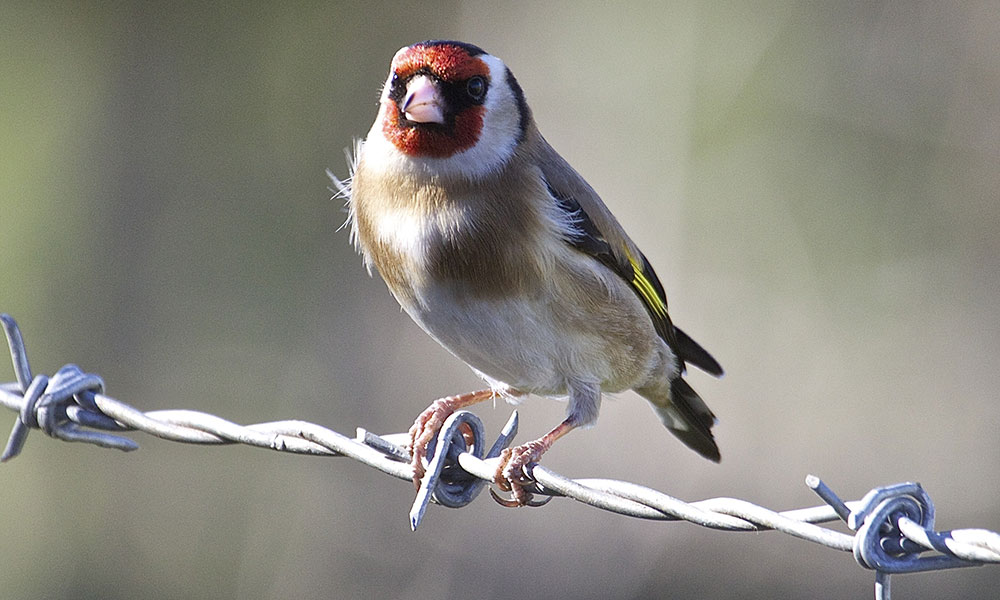
What’s Bugging the Birds? The Rise of the Smartphone.
With the old-school hobby of birding starting to feel the effects of technology creep, a leading association in the field is considering changing its ethics guidelines to keep the rules up to date---and to help prevent indiscriminate tweets from driving the birds crazy.
To use an app, or not to use an app?
That’s the question currently facing serious birding enthusiasts, who find their shared interest in birds doesn’t mean they agree about what tools should be used to spot the egg-laying vertebrates. The problem? Apps that put bird calls out into the wild at the click of a smartphone button.
The encroachment of technology is challenging the traditional culture and practice of birding, and a leading birding group is considering changing its ethics code to reflect the new climate. More details:
Yes, yes, there’s an app for that: Many birding enthusiasts are increasingly relying on apps that play sounds that attract birds. The apps are a boon to more-casual birders, as they make a hobby known for requiring lots of patience into something the average person can do without nearly as much work. “With an iPod or a smartphone, anybody can play and play and play and play anything they want,” the National Audubon Society’s Geoffrey LeBaron told the Wall Street Journal in January. “It’s changing the game.” That’s a big deal in a field where even photography is something of a sore subject.
Why it’s controversial: For traditionalists, the new approach threatens an old-school practice, allowing novices to take part with minimal knowledge of the field. And although little scientific evidence exists at the moment, some birders are concerned that repeatedly playing bird calls on smartphones can cause birds to become unresponsive. “The I-gadgets are incredibly dangerous to people who know nothing about birds,” birder Heidi Trudell told the Journal. “It’s just a really slippery slope that I’m not comfortable with.” And there may be another factor at play, according to bird blogger Drew Weber. “A lot of traditional birders, honing their skills for decades, had to put all this time in, and they might see technology as a shortcut,” Weber told the The New York Times on the eve of last weekend’s World Series of Birding, one of the field’s more popular events.
Reviewing the rules: For the American Birding Association (ABA), it’s all about setting the rules of the road. The group is considering changes to guidelines that birders follow, with an eye on balancing the use of technology with concerns of traditional birding. Birding events have long relied on an honor system that allowed enthusiasts to mark off sightings without any photographic evidence, though younger participants tend to favor photographs. (For what it’s worth, the current ethics code barely mentions technology, touching on the term “tape recorder” once.) The association, working with New York City Audubon and other groups, has helped launch a category of competition called “Photo Big Day,” an organized birding event for charity that emphasizes the use of photography.
Ultimately, though, the goal is to ensure that the technology improves the experience, rather than damaging it.
“I find it so boorish when people are just out here, indiscriminately blasting stuff,” ABA President Jeffrey Gordon told the Journal. “When we’re getting out, we’re trying to become more attentive to what’s around us, and playback—or any kind of over-reliance on gadgetry—can quickly start to erode the experience.”
(iStock/Thinkstock)






Comments